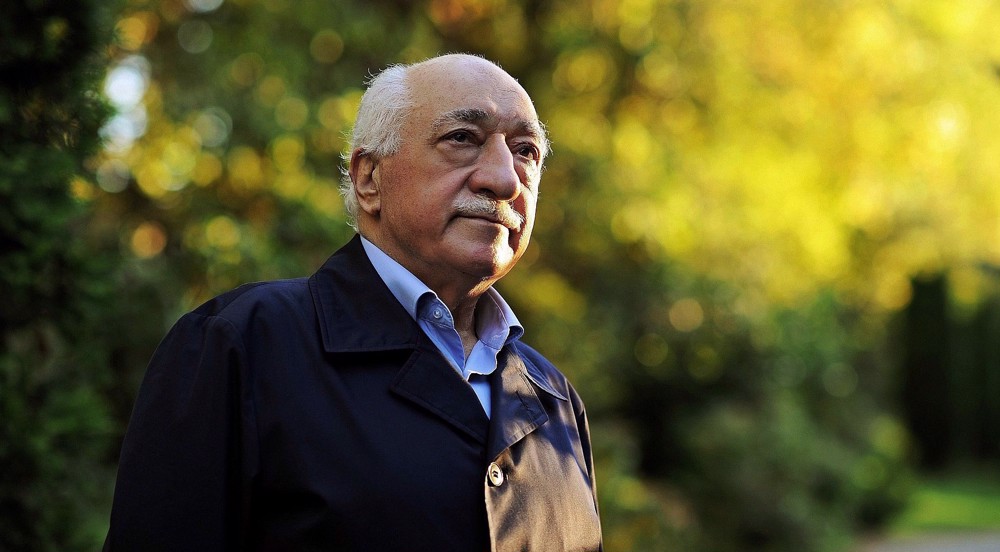Turkish Opposition cleric, Erdogan’s longtime rival Gulen dies in US aged 83
Turkish opposition cleric Fethullah Gulen, whom the Ankara government accuses of having masterminded the failed July 2016 coup attempt against President Recep Tayyip Erdogan, has died at the age of 83 in the United States where he was based.
Herkul, a website that publishes Gulen’s sermons, said on its X account on Monday that Gulen had died on Sunday evening at the hospital where he was receiving treatment in the state of Pennsylvania.
Gulen-linked accounts, including that of his nephew Ebuseleme Gulen, posted messages saying the Turkish leader’s arch-rival died due to cardiovascular problems.
Gulen gained recognition by asserting that the youth in Turkey had strayed from their path; and that education represented the most effective solution.
His movement – known in Turkey as Hizmet or “service” – first gained a foothold running schools, and it went on to open educational institutions across Turkey and around the world.
As the movement grew, followers expanded into business and began taking jobs inside the Turkish institutions, particularly the army, police, and judiciary.
Gulen was once an ally of Erdogan but they fell out spectacularly; and the Turkish president held him responsible for orchestrating the defeated coup of July 15, 2016, in which 252 people were killed and over 2,700 were wounded.
During the botched putsch, a faction of the Turkish military declared that it had seized control of the country and the government of President Recep Tayyip Erdogan was no longer in charge. The attempt was, however, suppressed a few hours later.
The Turkish government formally outlawed Hizmet and branded it as the Fethullah Terrorist Organization (FETO).
Thousands of arrests followed, including almost a third of the military top brass as well as thousands of officials and bureaucrats.
Gulen had been living in a sprawling estate in Pennsylvania for over two decades, which he used as the headquarters of his "terrorist group".
But last May, reports broke that he had been moved from the Chestnut Retreat Center to a new location and the center was emptied a month earlier.
Turkish officials had frequently called on their US counterparts to extradite Gulen, but their demands had not been taken heed of.
Press TV’s website can also be accessed at the following alternate addresses:








 This makes it easy to access the Press TV website
This makes it easy to access the Press TV website